Contact Me: howtopbestinfo@gmail.com
Contact Me: howtopbestinfo@gmail.com
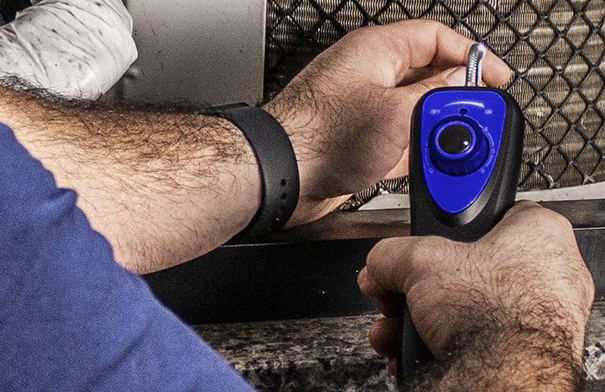
Refrigerant Leak Detectors are devices which detect and measure leaks of refrigerants in HVAC systems. Refrigerants can be dangerous to the environment, as they have a large Global Warming Potential (GWP).
By detecting small traces of refrigerant gas escaping from an air conditioning system or other appliance leak detectors provide users with insight on how their equipment is functioning and if there needs to be any maintenance done. The ability for these devices to detect even very tiny concentrations make them invaluable tools when working with cooling or heating appliances that rely on Freon-based liquids like R410A, R22, etc..
The primary benefit provided by refrigerator leak detector technology is its accuracy at finding even minute amounts of leaking gasses around AC units before it becomes problematic.
This helps technicians identify issues quickly so repairs can happen immediately instead waiting until major damage occurs due revisions could also help reduce energy costs associated with operating faulty systems - helping lower bills for customers who use those services too!
Additionally many newer models come equipped sensors designed specifically target certain types gases making identification easier more efficient than ever before; this means less time spent searching through various components looking source problem all while minimizing human exposure hazardous substances found within some forms freons.
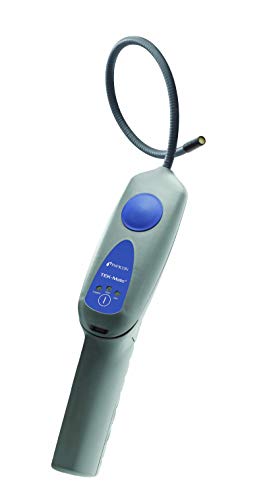
Best value overall, this is the greatest option for all buyers who want the best quality product.
Buy it on Amazon
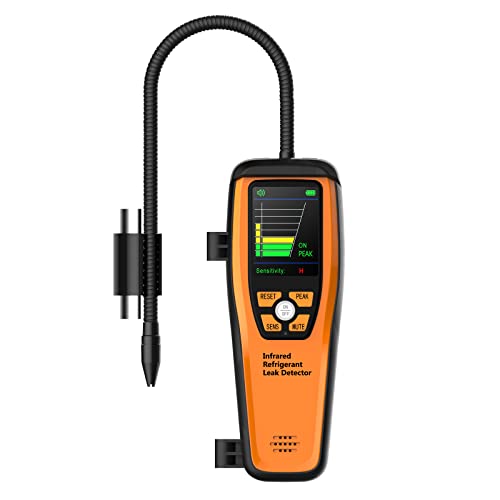
Also very good option for users who are serious about high standard and taste.
Buy it on Amazon
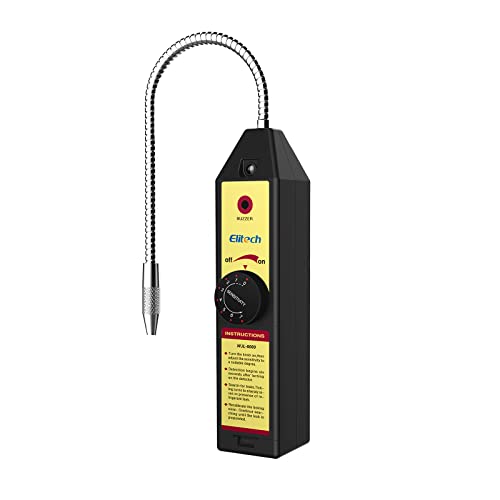
Strike a perfect balance between price and quality, this item is for people who want both.
Buy it on Amazon
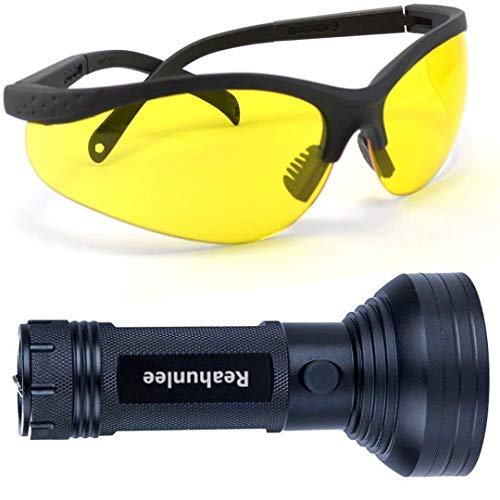
Perfect Alternative for products other than those mentioned above, give it a try!
Buy it on Amazon
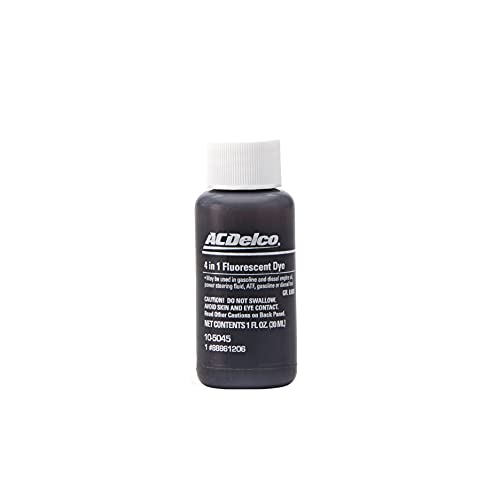
Affordable price and well accepted quality, great deal for who have a tighter budget.
Buy it on Amazon
Refrigerant leak detectors have been around since the early 1960s and were designed to detect refrigerants used in industrial, commercial, and residential air conditioning systems.
Initially these devices relied on simple electronic circuits that would sound an alarm when a certain level of gas was detected within the system being monitored.
The advancement of technology has seen more sophisticated types emerge such as those using electrochemical sensors which can identify multiple gases including ammonia or chlorine dioxide with great accuracy levels even at very low concentrations.
Further advances include optical methods where infrared light is shone through a sample chamber containing small amounts of refrigerant vapor for analysis; this method provides extremely precise readings down to part-per-million (ppm) levels making it ideal for use in many industries from food processing plants to automotive service centers.
All requiring monitoring for safety reasons due not only too hazardous substances but also energy efficiency concerns arising from high operating costs associated with leaking equipment .
Today’s modern portable units are highly reliable pieces of kit complete data logging capabilities allowing technicians access historical records pinpointing leaks quickly resulting reduced emissions into atmosphere saving money time both customer pocket environment alike - something think be proud !
To sum up, refrigerant-leak detectors are essential tools for anyone in the HVAC industry. They can help keep homeowners safe from toxic gases and reduce energy costs by ensuring that no leaks exist in their system. Refrigerants are expensive to replace so it is important to make sure they don’t leak out of your systems when possible. Refrigerant-Leak Detectors provide peace of mind because you know what kind of state your system is in before any problems arise or a costly repair needs to be done due to an undetected leak.


Etiam porta sem malesuada magna mollis euismod. Cras mattis consectetur purus sit amet fermentum. Aenean lacinia bibendum nulla sed consectetur.
2045-03-09 00:00:00.000000
2045-04-03 00:00:00.000000
2045-04-05 00:00:00.000000
2045-04-06 00:00:00.000000
2045-04-07 00:00:00.000000